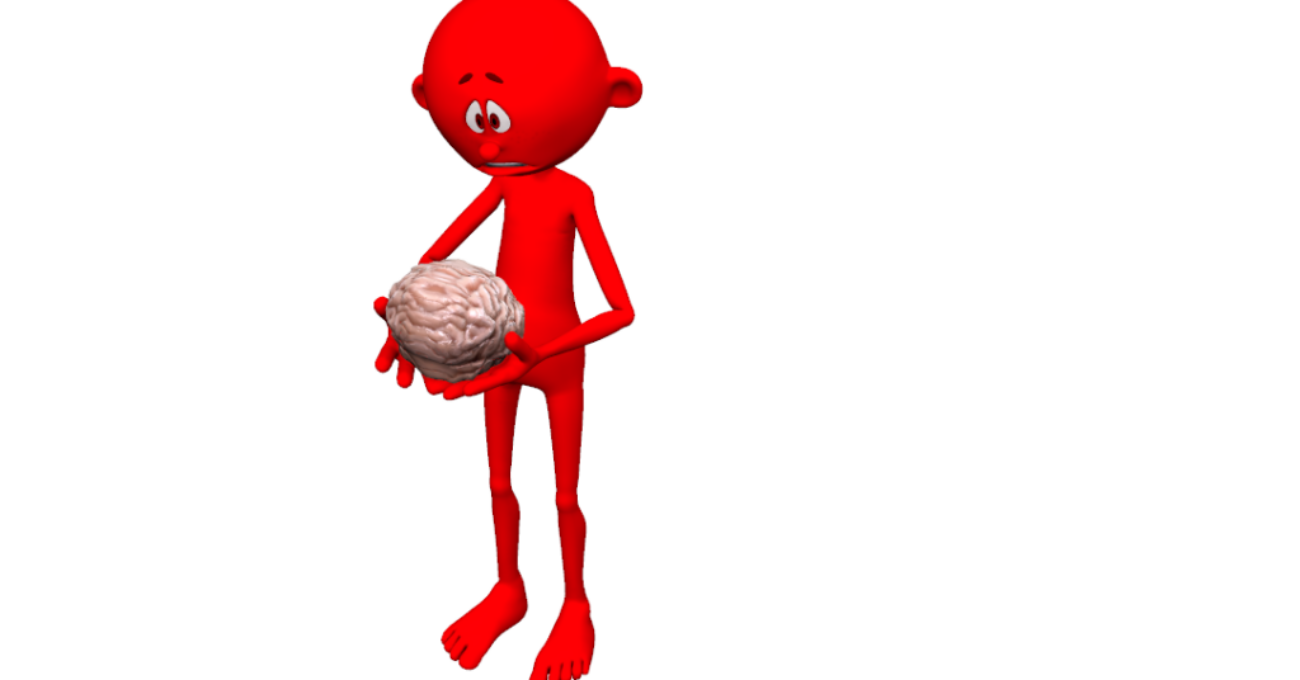Concussion: playing on
I’ve recently been involved with some research work around concussion in rugby union and the ‘Ryan Crotty’ story has kept surfacing during discussions, with different views coming from different groups of people. For international readers, or those not enamoured of rugby, Ryan Crotty is a 29-year-old veteran player for the All Blacks, the NZ national team. He has 6 documented rugby related concussions over the last 1.5 years.
I’m weighing in here with MY opinion, emphasising that I don’t know Ryan Crotty, I don’t have any inside information on his situation, nor do I have no specific medical knowledge of concussions. Regardless, I’m a physical educator and anything that impacts on peoples’ enjoyment and willingness to participate in physical activity, recreation, and sport, or perceptions of sports safety – well I care about those things deeply.
It’s my opinion that Ryan Crotty (and other athletes in similar situations) should no longer be playing rugby at any level, and should, in fact, be banned from playing the sport. To my way of thinking, at concussion number 4, the All Black coaching staff and NZ Rugby should have had a conversation with Crotty, effectively saying – Ryan, you are a great player and we would dearly love to have you playing for us, but in the interests of your health and wellbeing, you can no longer play this sport. That’s going to sound cruelly dictatorial– taking away a guy’s livelihood and passion –but let me explain some more.
Firstly, I believe that concussion decisions need to be taken out of a player’s hands. This is obviously a very good player who clearly loves the sport, loves participating and being part of those successful teams. He has sustained 6 recorded brain injuries over a period of 15 or 18 months (depending which media you read). Here’s the thing, people with brain injuries are generally not in a great space for making important life-decisions. If you sprain an ankle, you know what you’ve done, you know how it feels and you know the risk of stepping back onto the field or court. If you’ve been concussed, you probably have difficulty concentrating, your thought processes are impaired and you might not be making the smartest choices. So for head injuries, I don’t think the decision should be the athlete’s. I’m usually the last person to advocate for any form of ‘nanny state control ‘- attempts to legislate against fast foods and talk of sugar taxes, for example, usually drive me to despair – people have a choice to say no on those sorts of things. But multiple concussions, I’m not sure that that individual is in a position to make an informed and rational choice and say NO. So make it for him! He and sportspeople like him deserve to be protected from themselves, the sport and the coaches that select and play them.

As I’ve described in previous blogs, one of the challenges with concussions is that there is no single biomarker that allows sports medicine to either confirm the diagnosis of a concussion or indeed that a concussion has resolved. There are tests and there are neurocognitive tests, and sure they all add to the overall picture, but decisions concerning recovery are ultimately based on the presence or absence of self-reported symptoms. So unlike a fracture or a muscle tear that can be physically examined, imaged and tested, decisions around concussion are largely subjective and very much dependent on a player’s perception and honesty around symptoms. There remains a bit of mystery around how concussed players at the top level of sports are managed. Sure they have great medical support are monitored far more closely than the average club player, but there are no secret treatments or tests that the All Blacks can access. Yet, the people I’ve discussed this with are often assuming otherwise. “If they’ve cleared him, he must be alright!”. Hmmm, I’m not that convinced.
Here’s a thought for NZ rugby – for god’s sake, why not be transparent with something this important? At the moment it’s not such a good look.Rugby seems to be saying ‘do as I say, not as I do! I think the work that NZ Rugby has been doing recently to promote concussion awareness and help players and coaches make behavioural changes around concussion are fantastic – I think it is well intended and that it is starting to make a real difference. But talk about mixed messages – a concussed club rugby player has a mandatory stand-down period of 21 or 23 days (depending on their age – don’t ask, it’s bizarrely arbitrary), yet there was Crotty cleared to return to the highest level of the game, only 2 weeks after being knocked unconscious. Supposedly he had seen a specialist the day after his concussion and was given ‘a clean bill of health’. The All Black coach was quoted as saying“…from our understanding, as long as you fully recover and don’t go back when you’re not fully recovered, then you’re okay”. Well, no, we are really not that sure what full recovery is, so you’re probably not OK Steve Hansen! New Zealand rugby has to be seen to be walking the walk!
If I’m claiming that decision making about one’s health is going to be impaired with a concussion, just imagine what this player’s decision making in the high stress of international competition is going to be like. I’ve already noted in another blog the observed increased susceptibility to musculoskeletal injury following a concussion, and of course, there is the matter of an elevated susceptibility to further concussions. Six concussions in that time frame kind of suggests that these might not just be random occurrences for Ryan Crotty. There is some ongoing disagreement over ‘second impact syndrome’, but from my readings, it does seem that despite an apparent resolution of symptoms, there is some increased fragility of the brain following a head injury. Clinical research has shown an increased risk for a second concussion during the first 10 days following the first concussion. There are suspicions that some of the metabolic recovery of the brain takes a long time to return to normal. This may mean that less force is required to produce the next concussion, and that’s not great in a sport like rugby.
Concussion in sport, and indeed concussion in general, remains a grey and poorly understood phenomenon. I understand that we all love our sports participation and we always want to play. Until medicine and technology can improve concussion diagnoses and prognoses, I really think sport needs to make a united stand to protect athletes’ brain health.
But that’s just my opinion!
